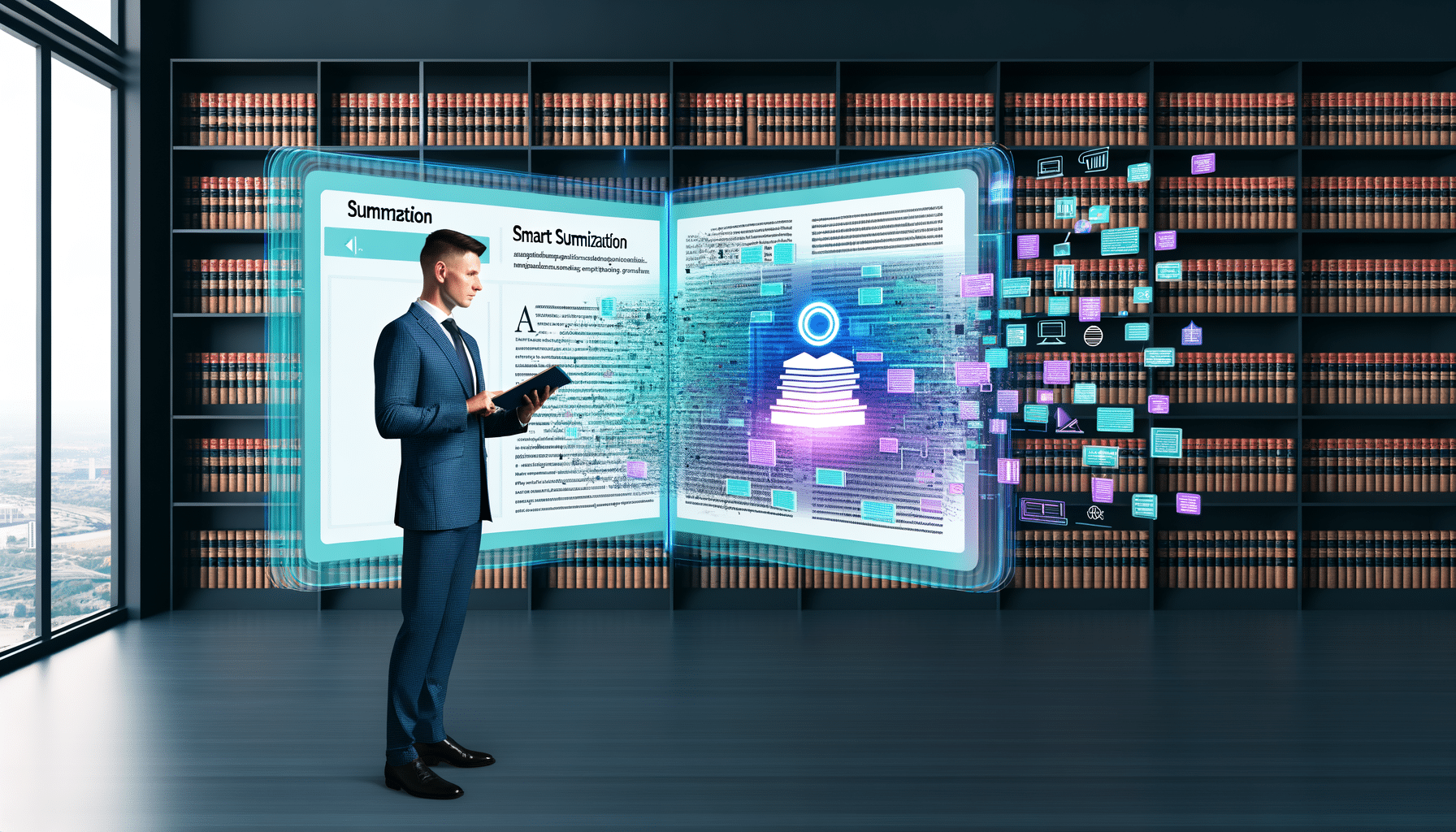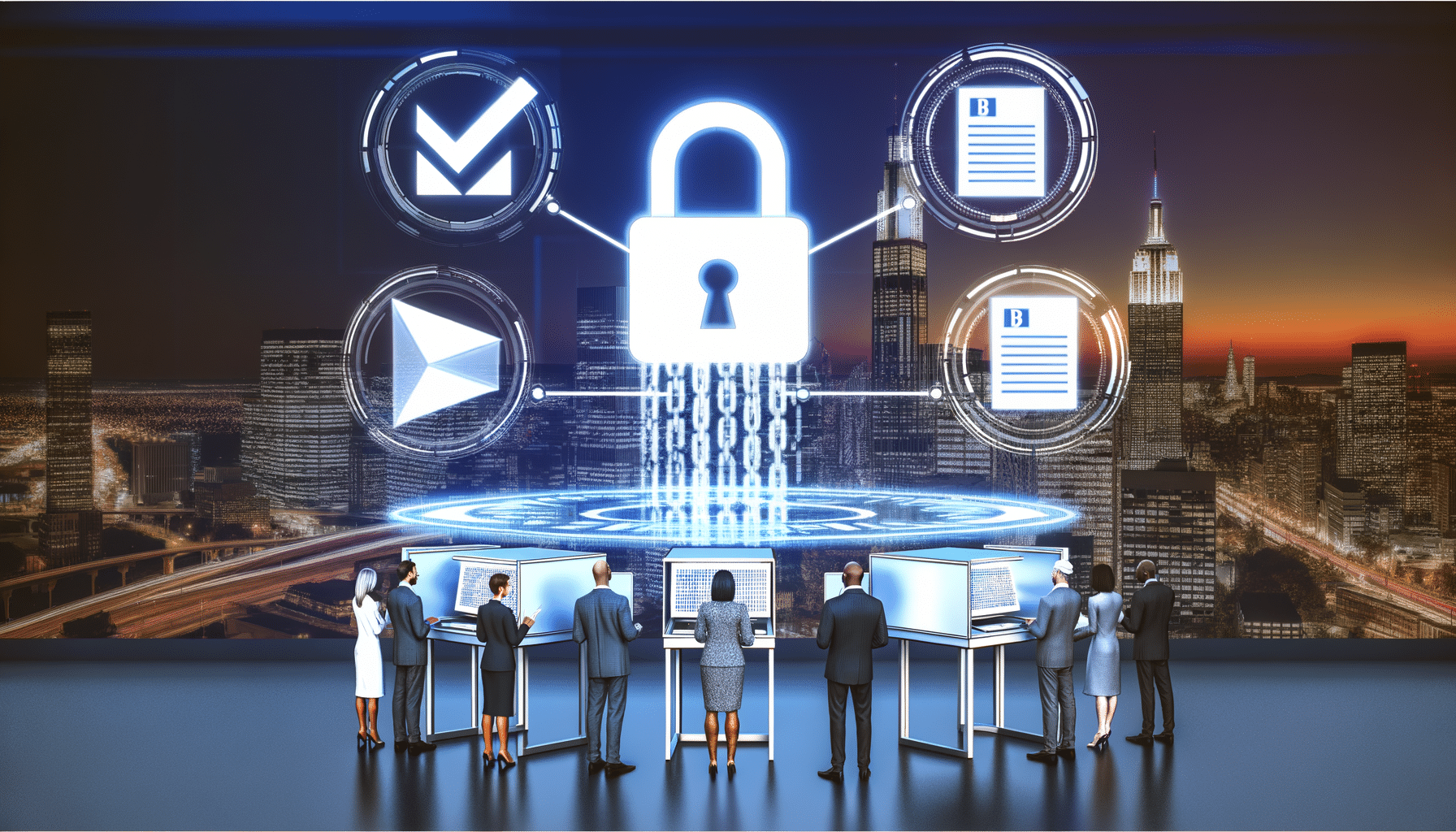Introduction: The Intersection of Quantum Computing and Blockchain Security
As I sit down to ponder the future of technology, two titans stand out on the horizon—Quantum Computing and Blockchain. Both promise to reshape the world in their distinct ways, yet when combined, they create a nexus of possibilities and challenges that are fascinating to navigate. Today, I’ll delve into how blockchain technology might evolve to address the emerging threats posed by quantum computing.
Understanding Quantum Computing: A Brief Overview
Before we explore the implications for blockchain, it’s essential to understand the marvel that quantum computing represents. Unlike classical computers, which process information in bits (0s and 1s), quantum computers leverage qubits that can exist in multiple states simultaneously, thanks to the principles of superposition and entanglement. This capability allows quantum computers to solve complex problems exponentially faster than classical computers, potentially cracking encryption codes in seconds that would take today’s most powerful machines millennia to solve.
Blockchain: The Backbone of Modern Data Security
Blockchain technology is synonymous with enhanced security and decentralization. Each transaction is a block strung together in a chain, ensuring data integrity through cryptographic hashes. This decentralized ledger requires consensus across a network for any alterations, making unauthorized changes nearly impossible—or so we thought.
However, the foundation of blockchain’s security—the cryptographic encryption—is precisely what quantum computing could jeopardize.
Why Blockchain Faces Quantum Threats
Traditional encryption methods that secure blockchains, such as RSA and ECC, could be vulnerable to quantum attacks. A sufficiently powerful quantum computer could decrypt these methods much faster than a classical computer, posing significant security risks. The very features that make blockchain robust could be its Achilles’ heel when faced with quantum computing prowess.
Envisioning Blockchain’s Evolution: Quantum-Resistant Strategies
Given these impending challenges, it’s vital to consider how blockchain can evolve to maintain its status as a secure and dependable record-keeping solution. Here are some strategies that could become mainstream:
1. Post-Quantum Cryptography
One approach is to develop new cryptographic algorithms that are resistant to quantum attacks. Post-quantum cryptography prioritizes designing algorithms using mathematical problems that are hard for quantum computers. Research and development in this area are rapidly accelerating, aiming to safeguard blockchain technologies before quantum computers reach full capability.
2. Quantum Key Distribution (QKD)
Quantum key distribution uses the principles of quantum mechanics to secure communication channels against eavesdropping. By employing QKD, blockchains could adopt a layer of security invulnerable to quantum decryption, maintaining confidentiality and integrity in transactions.
3. Hybrid Systems
Integrating classical and quantum-resistant systems might offer a viable transitional solution. By layering quantum-safe protocols on top of existing blockchain systems, it’s possible to gradually shift towards full quantum resilience without a complete overhaul, ensuring seamless operation during the transition phase.
Practical Applications and Real-World Impact
The legal, finance, and compliance sectors, where secure records are paramount, must stay abreast of these developments. As blockchain technologies evolve, organizations reliant on secure record storage may need to rethink their strategic approaches.
Financial institutions, for instance, could integrate quantum-safe blockchains to protect sensitive customer data against future vulnerabilities. Similarly, governments dealing with confidential records can enhance their security frameworks by adopting quantum-resistant blockchain strategies.
Challenges Ahead
While the journey towards quantum-proof blockchain is promising, it won’t be devoid of challenges. Transitioning systems to quantum-safe models will demand extensive research, investment, and collaboration across industries. It will necessitate educating stakeholders about quantum vulnerabilities and the urgent need for early adoption of preventive measures.
Conclusion: Preparing for Tomorrow’s Quantum World
Addressing the security implications posed by quantum computing is not just a technical challenge; it’s an opportunity to innovate and redefine the boundaries of what we consider secure in the digital age. Here at RecordsKeeper.AI, I am committed to leading the charge in developing resilient record-keeping solutions that adapt to these technological shifts.
As we navigate this quantum frontier, I invite you to follow along for more insights and updates. Together, let’s embrace the future, ensuring that our digital records remain untouchable pillars of truth in this increasingly complex world.









